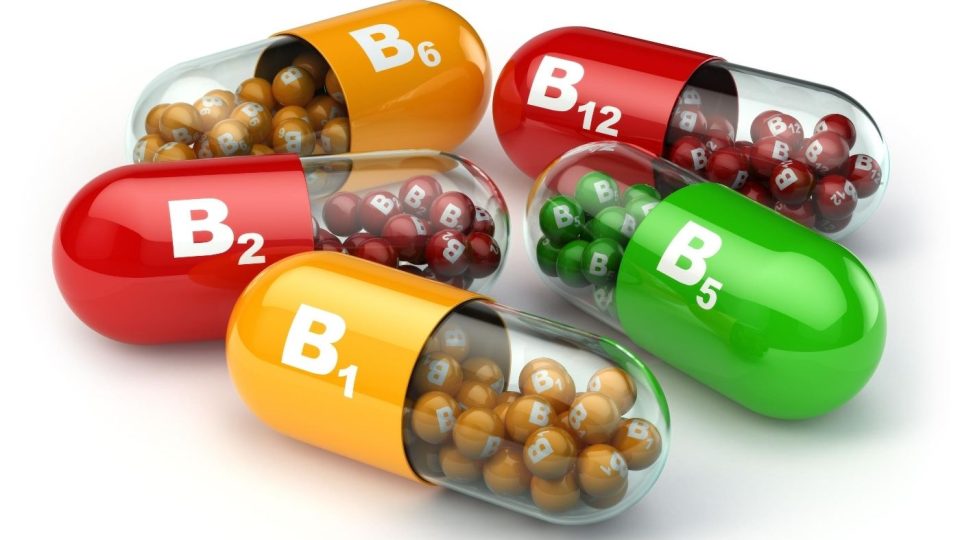The best way to get all the nutrients you need is to maintain a balanced diet filled with fruits and veggies. That said, there are varying recommended daily amounts of nutrients depending on your age. We understand that not everyone can get all the nutrients they need in a day from food alone!
Fortunately, you can still get the adequate amounts of nutrients necessary from supplements from Vital Nutrients at Supplement First. But what exactly should you be taking when you reach your 30s? Here are some of the vitamins you should take daily.
- Vitamin B Complex
Vitamin B plays a crucial role in our metabolism. Other than energy regulation, vitamin B supplements from brands like Thorne Research help with blood formation. They can also help with brain regulation and prevent depression.
In women, doctors recommend taking folic acid supplements during pregnancy, as they can help the body create new cells. Moreover, it can prevent major birth defects in babies.
- Iron
Iron is another major mineral required for optimum health, especially for those who are fertile. Women would lose iron during their menstrual cycles, which is why it’s crucial they consume iron-rich foods and take supplements as needed.
Because anemia is a common iron deficiency in women, you must get checked with your doctor to see if you have low iron levels. That way, you can adjust your diet that includes the recommended amount of iron daily.
3. Vitamin D
Vitamin D is also called the sunshine vitamin as you can get enough of it from adequate sunlight exposure. This vitamin works as a hormone and plays crucial roles in many bodily functions. Moreover, it’s essential for our brains, bones, muscles, and teeth.
Vitamin D deficiencies aren’t common, though people living in areas that don’t get enough sunlight are more at risk. Proper diet and supplementation are required if so, and you can get more vitamin D from dairy products, meat, and fortified foods.
- Omega-3
Omega-3 are essential fatty acids, which we get from food and supplements as our bodies do not produce enough on their own.
This nutrient helps alleviate anxiety and depression. Furthermore, it helps with eye health and reduces the risk of heart disease and inflammation.
- Calcium
As many of you probably already know, calcium is vital for our muscle, nerve, and bone health. This mineral is also helpful in protecting us against medical conditions like certain cancers, high blood pressure, and diabetes.
People who do not consume dairy products are at higher risk of calcium deficiencies, which is why a calcium-rich diet and supplementation are recommended.
- Magnesium
Magnesium works with calcium when maintaining optimum health in our bone, muscles, and blood. Unfortunately, magnesium deficiencies are common due to eating too much processed food, which blocks magnesium from entering our bodies.
Wrapping It Up
Before you purchase and take any of these supplements, make sure you talk with your doctor about what you should really be taking for your health.

